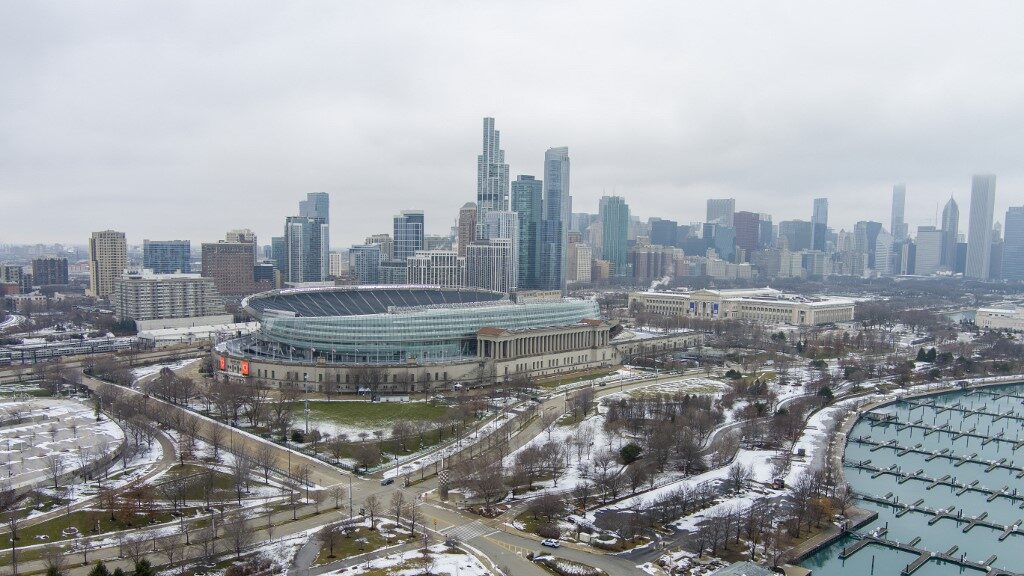
Plenty is happening in Chicago as several proposals are being drawn up to put a casino in the city itself while mobile sports betting is also on the docket. For some, it’s good news but for others, it’s money that they say will come out of their pocket.
Case in point, casino tycoon, Neil Bluhm, contends his Rivers Casino located in the Chicago suburb of Des Plaines, a 45-minute drive from the city, will be negatively impacted should mobile betting be allowed in the city, as it would draw business away from the sportsbook located in his casino as well as the one he is proposing for Chicago proper, replete with a sportsbook.
However, his argument against mobile betting within the city is much more legitimate for the casino he is trying to build than it is for the one he has already built which is 20 miles away. Why wander inside his casino, or whoever wins the bid, when you can make a bet from inside one of the stadiums located in the city?
To try to ameliorate the situation, Mayor Lori Lightfoot has proposed an additional two percent tax on gross sports betting revenues that would go directly to the city of Chicago. This would be in addition to the 15 percent that the state rakes as well as another two percent from Cook County which equals a total of 19 percent on the platform operators. Bluhm’s Des Plaines casino is exempt from the tax.
“That 2% is nothing. It’s small potatoes. The 2% will be somewhere in the area of $1 million. But we believe and have studies that say that the loss of casino revenue will be in the area of $11 [million] or $12 million a year,” Bluhm told the Sun-Times.
Bluhm also added, “While people are betting on sports at Wrigley Field or United Center — fantastic locations [that] will open two-and-a-half years before a casino, so people will be used to going there — they won’t be at the casino … betting on casino games. For every dollar of sports betting you’re losing, you lose about $3 or $4 of casino revenue. … While they’re there, they walk around and play slot machines. They play roulette. They play blackjack. That’s the big money for both the city and state.”
However, on the flip side of the argument is, Mara Georges, legal counsel for the United Center and Wrigley Field Holdings who believes the additional two percent city tax is an onerous one levied on the operators making books within the stadiums.
“Imposing an additional tax on sportsbooks creates an unlevel playing field between the city and the sportsbook in the suburbs, which is the Des Plaines sportsbook,” Georges said.
“The higher you make the tax, the more likely you are to push people online to do their sports betting. [Already], more than 86% of people do their sports betting online. This tax will [also] push people to the suburbs to do their sports betting as opposed to the city. And, at some point, it’s a point of diminishing returns where, the higher the tax, the less revenue raised. … When you look at sportsbooks across the country, those with the highest taxes generate the least amount of revenue.”
Alderman Walter Burnett (27th), the architect of the sports betting ordinance said the additional tax could be the key to passing the legislation for those who are on the fence about the measure.
“A lot of aldermen were actually concerned about, what was the city’s benefit out of all of this besides the infrastructure money that was going to the state and gonna be spent back in the city. This will help to satisfy a lot of aldermen in reference to that,” Burnett said.













